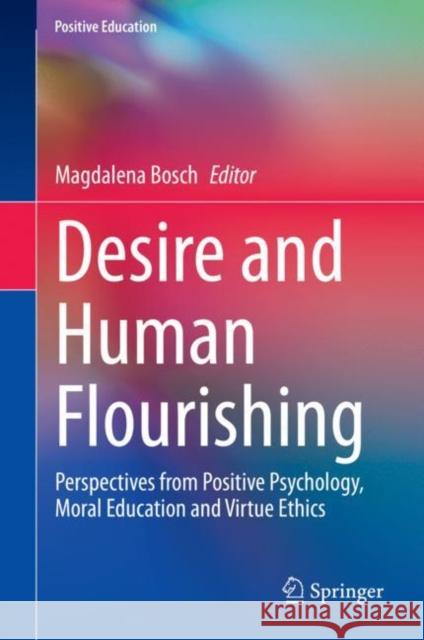Desire and Human Flourishing: Perspectives from Positive Psychology, Moral Education and Virtue Ethics » książka
topmenu
Desire and Human Flourishing: Perspectives from Positive Psychology, Moral Education and Virtue Ethics
ISBN-13: 9783030470005 / Angielski / Twarda / 2020 / 451 str.
Desire and Human Flourishing: Perspectives from Positive Psychology, Moral Education and Virtue Ethics
ISBN-13: 9783030470005 / Angielski / Twarda / 2020 / 451 str.
cena 885,61
(netto: 843,44 VAT: 5%)
Najniższa cena z 30 dni: 771,08
(netto: 843,44 VAT: 5%)
Najniższa cena z 30 dni: 771,08
Termin realizacji zamówienia:
ok. 22 dni roboczych
Bez gwarancji dostawy przed świętami
ok. 22 dni roboczych
Bez gwarancji dostawy przed świętami
Darmowa dostawa!
Kategorie:
Kategorie BISAC:
Wydawca:
Springer
Seria wydawnicza:
Język:
Angielski
ISBN-13:
9783030470005
Rok wydania:
2020
Wydanie:
2020
Numer serii:
000772926
Ilość stron:
451
Waga:
0.82 kg
Wymiary:
23.39 x 15.6 x 2.54
Oprawa:
Twarda
Wolumenów:
01
Dodatkowe informacje:
Wydanie ilustrowane











